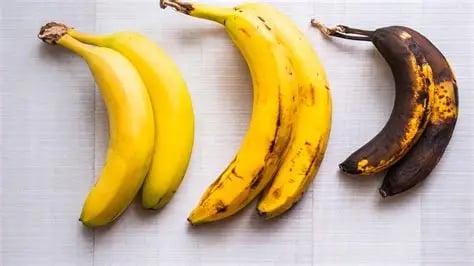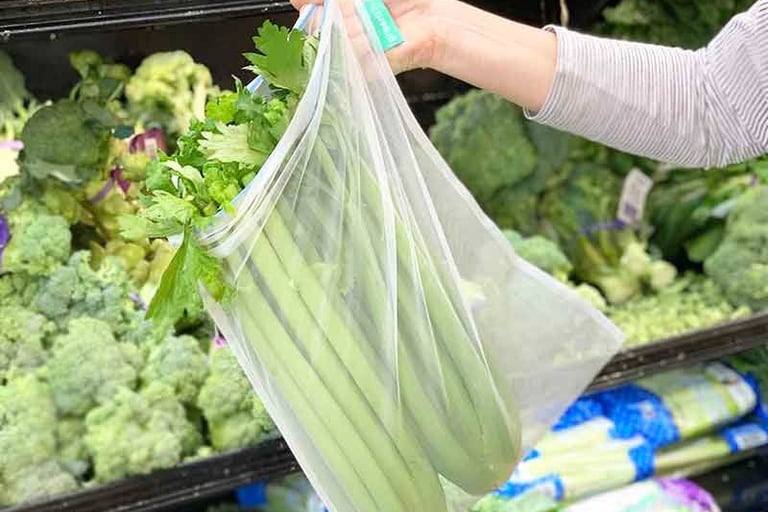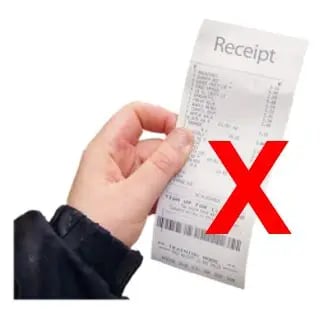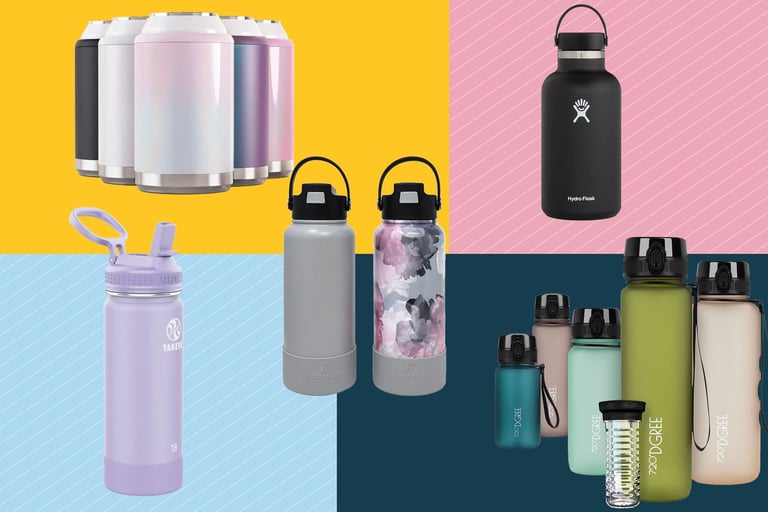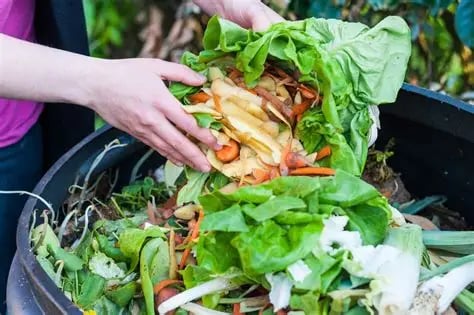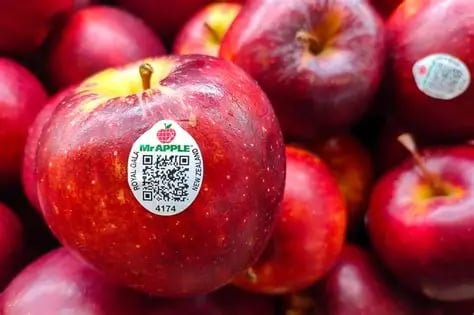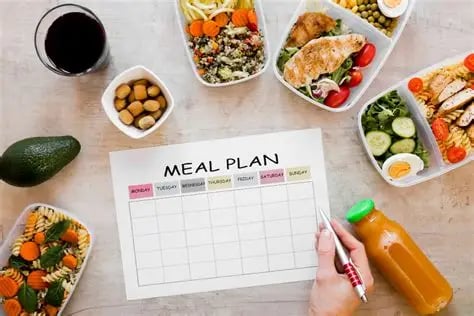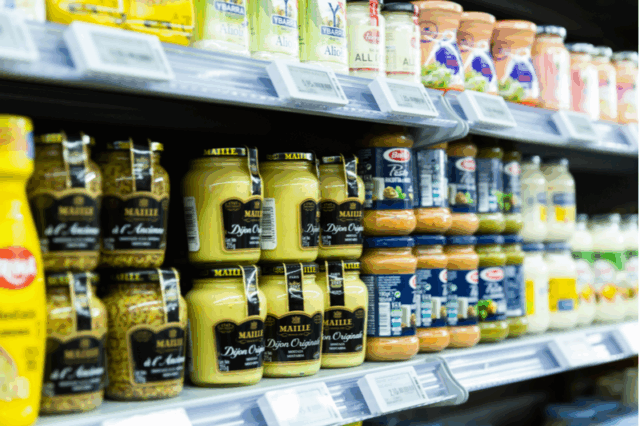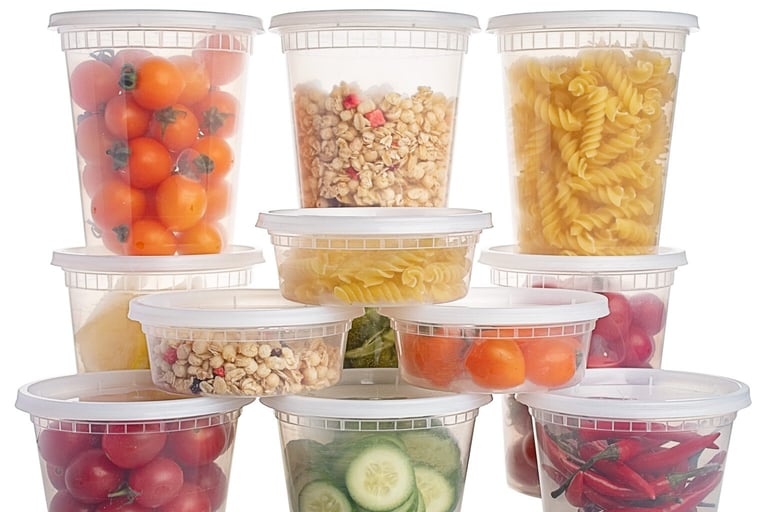10 Eco-Friendly Shopping Habit Swaps
Explore the easy and inviting ways to protect the environment with habit swaps. Scroll through to find a new tip or a clever trick!
SUSTAINABILITY

Why these swaps matter:
Throughout the past serval years, human consumption has rapidly increased. Habits accompanied with human consummation are often unsustainable. Unsustainable habits make a difference in the world, but making eco-friendly steps puts effort to counterbalance said change. The swaps listed in this post are small; however, they are impactful.
Reduce Waste with Meal Planning
Opt for Glass or Metal
Reusable Containers at the Deli
Replace paper cupcake tins for silicone
Find Fruit without Produce Sticker
Choose the 'ugly' one
"No, thank you" to a receipt
Composting Food Scraps
Switch Plastic Bottles for Reusable Ones
Reusable Bags for Fruits & Veggies
Save some room in those expensive trash bags, place food scraps in a compost container! You can place a small container in the trash can, under the sink, or have a compost bin outside. Composting the right way will eventually lead to new soil. To learn more on composting click the button below.
An efficient and easy way to making shopping a bit eco-friendlier is by bringing your own reusable bags for fruits and vegetables. Whether you're picking up some crispy apples or buying leafy greens, making a simple swap from plastic to reusable containers helps keep trash out of landfills and slow the production of plastic.
We all know 'the ugly' fruit or vegetable: The peach that has a small hole on the side or the banana that is starting to turn brown at the tip. There is nothing inherently wrong with these foods, they just don't appeal to aesthetics. These foods often get passed on at the store or market, often times going bad and ending up as waste; however, these foods still taste as good as the pretty ones. The next time you see an 'ugly' fruit or veggie, pick it up, take it home, and give it a try - you'll see that it is no different than the others.
To learn more about food aesthetics and how they contribute to waste, check out: Misfits Market
According to Lilian Lancen with Climateofourfuture.org, the United States throws away 60 million water bottles a day. Help reduce this number by using a reusable water bottle. So, pick out you're an appealing reusable bottle and refill, keep plastic out of the landfill and keep your water cooler longer!
Picking fruit with no produce stickers supports sustainable shopping habits and businesses that waste less. One sticker takes up material and production time so when picking fruit that has no stickers, you are intentionally picking something that sustains less waste which creates a meaningful impact on the world.
Additionally, typically small and local farmers are the ones to skip out on adding produce stickers to their supply. Given this, you are more likely to be supporting local farmers when picking fruit that has no stickers.
Meal planning allows people to buying bulk, which means over time the total (plastic) packaging accumulated will be less per serving. Additionally, it allows for skipping individually packages foods and snacks. Meal prepping with fresh, unpackaged produce allows for even less waste of plastic. Additionally, you may be able to waste less food by planning exact proportions and rations.
Glass and metal are much more sustainable options for packaging than plastic. If you are able to swap a product that comes in a plastic package for one that is in metal or glass, make the change! Glass and metal are easier to recycle, safer for your food, and preserve food longer than plastic. Not to mention, you can reuse glass and metal containers more often and for longer than plastic containers.
How many Ziploc bags of deli meat are your fridge right now? I would guess a couple. Stores like Whole Foods and Sprouts encourage bringing your own reusable container for deli meats and other deli options. Additionally, vendors at farmers market most likely will support you doing this. Think about how much a deli sells in day, probably a hundred bags produce; one hundred plastic bags a day is about 3,000 plastic bags a month. It is worth checking the store you shop at, as bring your own container can be an option based on manager-dependency.
Paper cupcake liners are a great option for the occasional baker; however, for those who adore to bake at home almost daily, silicone cupcake liners are a simple and inexpensive eco-friendly swap. The silicone peels away easily from the cupcake and can easily be washed or popped into the dishwasher to be reused for the next batch!
Most receipts are considered to be not recyclable due to the chemical coating on the thermal paper. Not only are they not recyclable, but the paper often contains chemicals that interfere with hormone production. The production of receipts costs so much even though they are tossed out usually with a few minutes or the day. Instead, ask for receipts via email, phone number or rewards app.
